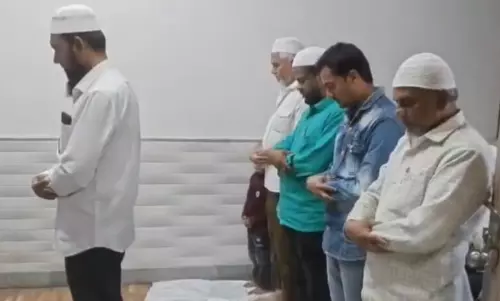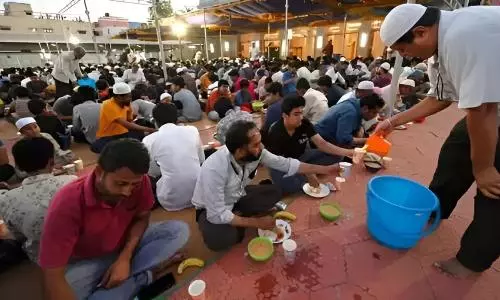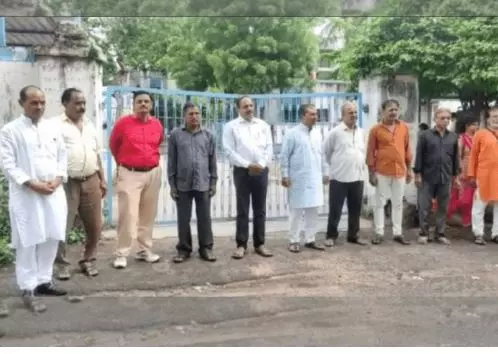
Bilkis Bano Case: SC questions Gujarat Govt’s selective remission policy
text_fieldsNew Delhi: The Supreme Court has raised concerns over the Gujarat government's selective application of the remission policy, urging equal opportunities for reformation and reintegration for all prisoners.
A bench consisting of Justices B.V. Nagarathna and Ujjal Bhuyan made this observation during a hearing on a series of petitions challenging the remission granted to 11 convicts involved in the infamous gang rape and murder of Bilkis Bano and her family during the 2002 post-Godhra riots in the state.
The bench questioned the Additional Solicitor General (ASG) S.V. Raju, representing the state of Gujarat, about the disparity in granting remission. "Why is the policy of remission being applied selectively? The opportunity to reintegrate and reform should be given to every prisoner, and not only to a few convicts. Are all life sentence convicts after 14 years being given the benefit of remission?" the bench inquired.
ASG Raju defended the decision, arguing that the 11 convicts deserved a chance at reformation, and their applications for remission were considered in accordance with a previous judgment of the Supreme Court. He pointed out that a previous court order had directed the Gujarat government to consider and decide on applications for premature release within two months, following the remission policy of 1992.
"The opinion rendered by the Sessions Judge in Maharashtra against remission will not be relevant as it was passed mechanically without entering into merits. He gave this opinion because the convicts did not fit into the (Maharashtra’s remission) policy," ASG Raju explained.
Furthermore, he emphasized that the trial judge, when awarding the sentence, did not impose the death penalty or specify that the life sentence would run without remission.
The PILs (Public Interest Litigations) filed by various parties, including CPI-M leader Subhashini Ali and Trinamool Congress MP Mahua Moitra, have been opposed by the Centre, the Gujarat government, and the 11 convicts. They argued that since the victim herself had approached the court, others should not be allowed to intervene in the criminal matter.
Last week, senior advocate Indira Jaising, appearing for Trinamool MP Mahua Moitra, highlighted the heinous nature of the crime committed against Bilkis Bano, describing it as a "crime against humanity" perpetrated on the basis of religion.
The Supreme Court has scheduled the next hearing for August 24 to allow the counsels for the Centre, the Gujarat government, and the convicts to present their arguments. The 11 men convicted in the case were released on August 15 the previous year, following the Gujarat government's decision to grant them remission under its policy. The convicts had completed 15 years in jail.























